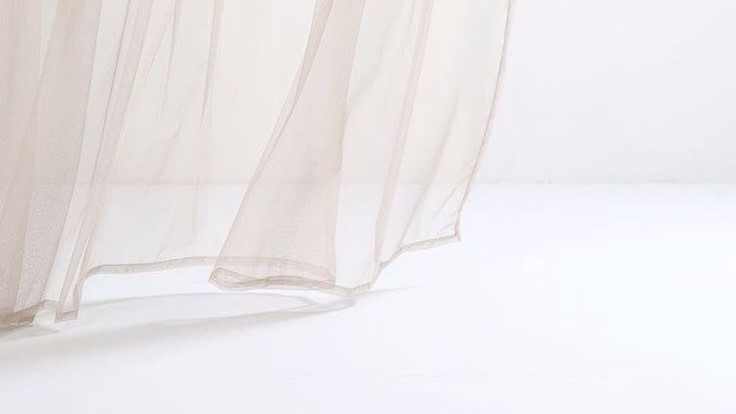Español follows English
ENGLISH
I didn’t go to school today. I’m not sure if it was a good decision, but I decided to study at home. Sometimes I get distracted, as usual, but overall, it was fun studying Shakespeare. This is actually my first time reading old English literature. It’s much harder for intermediate English learners like me, but there’s definitely something captivating about it—it feels cool.
In Shakespeare’s lifetime, it was indeed illegal for women to act in the theater, so men played female roles. This practice reflected the male-dominated society of the time, where men were considered stronger and more suitable for public performance, and audiences accepted men playing women on stage.
I’m curious about how this was handled in other countries during those times, especially in places like Spain and Germany, where languages assign gender to nouns. I wonder if it was controversial for men to play female characters in these gender-specific languages. While there’s no clear answer, the practice of men playing female roles was likely accepted to some extent due to the norms of the time.
We’ve started to consider gender in languages more closely these days, including the use of gender-neutral language for diversity. A few weeks ago, in the first class I attended at this language school, there was an assignment to write about the arguments for using gender-neutral languages. Unfortunately, I couldn’t attend that class and join the conversation, but the topic resonated with me too, so I want to think about that later on.
Here’s one more insightful, thought-provoking topic:
Will you marry yourself?
The question became gripping once I heard it. I came across this question while watching Netflix, and it really made me think about that. It seems clear when you think about the ‘right’ answer: if you said yes, if you would love to marry yourself, then you are likely ready for marriage in many ways—mentally, physically, and financially, and which means you are the right person to marry someone. Of course, we should look for a partner who feels in that way, but first, I need to become that kind of person myself. Having said that, I still don’t want to get married to myself. I find it really intriguing to explore why I don’t want to because it reveals what I may lack or the personal traits I don’t yet possess but I know are important.
ESPAÑOL
No fui a la escuela hoy. No estoy segura de si fue una buena decisión, pero decidí estudiar en casa. A veces me distraigo, como de costumbre, pero en general, fue divertido estudiar a Shakespeare. De hecho, esta es la primera vez que leo literatura antigua en inglés. Es mucho más difícil para aprendices intermedios de inglés como yo, pero definitivamente tiene algo cautivador: se siente genial.
En la época de Shakespeare, de hecho, era ilegal que las mujeres actuaran en el teatro, por lo que los hombres interpretaban los papeles femeninos. Esta práctica reflejaba la sociedad dominada por los hombres de la época, donde se consideraba que los hombres eran más fuertes y más adecuados para la actuación pública, y el público aceptaba que los hombres interpretaran a mujeres en el escenario.
Me da curiosidad cómo se manejaba esto en otros países durante esos tiempos, especialmente en lugares como España y Alemania, donde los idiomas asignan género a los sustantivos. Me pregunto si era controvertido que los hombres interpretaran personajes femeninos en estos idiomas específicos de género. Aunque no hay una respuesta clara, la práctica de que los hombres interpretaran roles femeninos probablemente era aceptada hasta cierto punto debido a las normas de la época.
Hoy en día, hemos comenzado a considerar más de cerca el género en los idiomas, incluyendo el uso del lenguaje neutro en cuanto al género para la diversidad. Hace unas semanas, en la primera clase a la que asistí en esta escuela de idiomas, hubo una tarea para escribir sobre los argumentos a favor del uso de lenguajes neutros en cuanto al género. Desafortunadamente, no pude asistir a esa clase y unirme a la conversación, pero el tema también resonó conmigo, así que quiero pensar en eso más adelante.
Aquí hay otro tema perspicaz y provocador:
¿Te casarías contigo misma?
La pregunta se volvió fascinante una vez que la escuché. Me encontré con esta pregunta mientras veía Netflix, y realmente me hizo pensar profundamente. Parece claro cuando piensas en la ‘respuesta correcta’: si te encantaría casarte contigo misma, entonces probablemente estés lista para el matrimonio en muchos aspectos: mental, física y financieramente. Por supuesto, deberíamos buscar una pareja que se sienta de la misma manera, pero primero, necesito convertirme en ese tipo de persona. Dicho esto, aún no quiero casarme conmigo misma. Me parece intrigante explorar por qué no quiero hacerlo, ya que revela lo que me puede faltar o los rasgos personales que aún no poseo, pero sé que son importantes.





